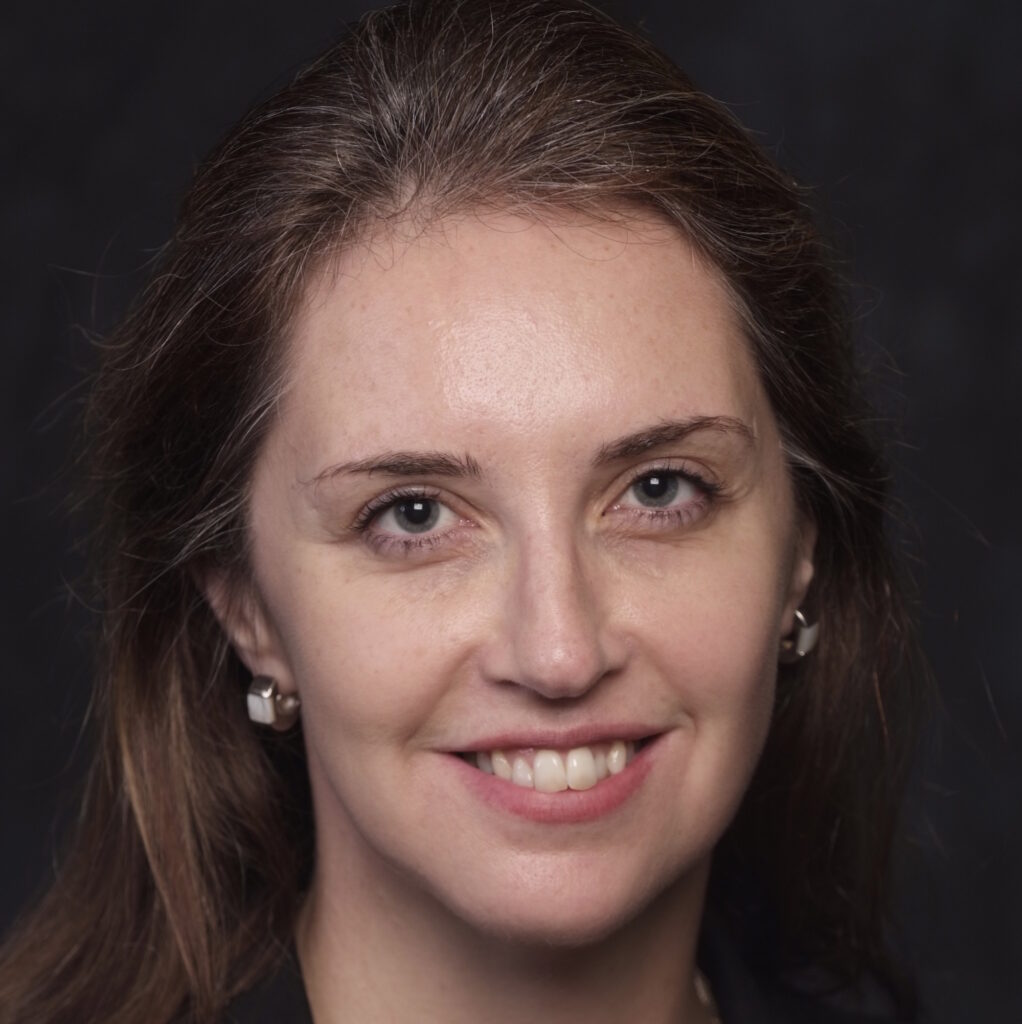Organizers: prof. Emilia Soroko (AMU Faculty of Psychology and Cognitive Science; soroko@amu.edu.pl).

Carla Sharp, PhD, is a John and Rebecca Moores Professor and Associate Dean in the clinical psychology doctoral program at the University of Houston. She is also the director of the Adolescent Diagnosis Assessment Prevention and Treatment Center and the developmental psychopathology lab at the University of Houston. Her work has significantly advanced the scientific understanding of the phenomenology, causes, correlates, and treatment of personality pathology in youth. She is the recipient of the 2016 Mid-Career Award, North American Society for the Study of Personality Disorders, and the 2018 Award for Achievement in the Field of Severe Personality Disorders from the Personality Disorders Institute and Borderline Personality Disorder Resource Center, New York. She is the current past-president of the International Society for the Study of Personality Disorders, associate editor for the APA journal Personality Disorders: Theory, Research and Treatment, editor for Personality and Mental Health, a workgroup member for updating the American Psychiatric Association practice guidelines for borderline personality disorder as well as a member of the DSM-5 personality disorders workgroup. She has published more than 320 peer-reviewed publications (h-index 71), in addition to numerous chapters and books, including Handbook of Borderline Personality Disorder in Children and Adolescents (Springer, 2013), Mentalizing in Psychotherapy (Guilford, 2022) and Handbook of Good Psychiatric Management for Adolescents (APA, 2022). Her work has been funded by the NICHD, NIAAA, NIMH, the Brain and Behavior Research Foundation, and other foundations.

Professor Christopher C. Conway earned a B.S. in Psychology from Duke University and Ph.D. in Clinical Psychology from University of California, Los Angeles (UCLA). He is on faculty in the Psychology department at Fordham University in New York City where he studies the development and diagnosis of emotional disorders. Dr. Conway has authored 60+ peer-reviewed journal articles and book chapters related to borderline personality disorder, anxiety, and depression. He is Associate Editor of the Journal of Personality Disorders and on the editorial board of several other publications. He has earned awards for his scholarship from the North American Society for the Study of Personality Disorders, Association for Research on Personality, and American Psychological Association.

Karen Douglas is a Professor of Social Psychology at the University of Kent. Professor Douglas is internationally recognized for her research on the social psychology of conspiracy theories, social influence, and persuasion. In particular, Professor Douglas has gained significant attention for her research on the psychological processes that underlie belief in conspiracy theories. She has investigated the cognitive, social, and motivational factors that influence people’s susceptibility to conspiracy theories and has proposed several theoretical frameworks to explain this phenomenon. Her work has been published in numerous prestigious academic journals, including the Journal of Personality and Social Psychology, the British Journal of Psychology, and the Journal of Experimental Social Psychology. Karen Douglas is currently working on a European Research Council Advanced Grant “ CONSPIRACY_FX” to study the consequences of conspiracy theories for individuals, groups, and societies. Project’s aim is to discover when and how conspiracy theories are influential. The project will focus on key contexts in which conspiracy theories have shown the most potential to shape people’s beliefs and behaviours: politics, vaccination, and climate change. The project will also investigate the consequences of conspiracy theories for the persons who spread them, particularly politicians and other elites.
© 2023 All Rights Reserved